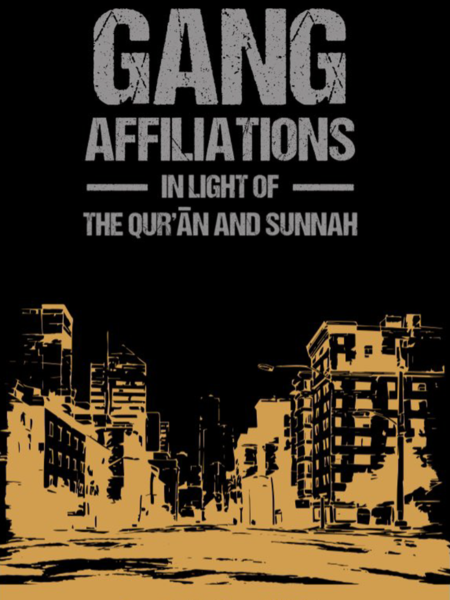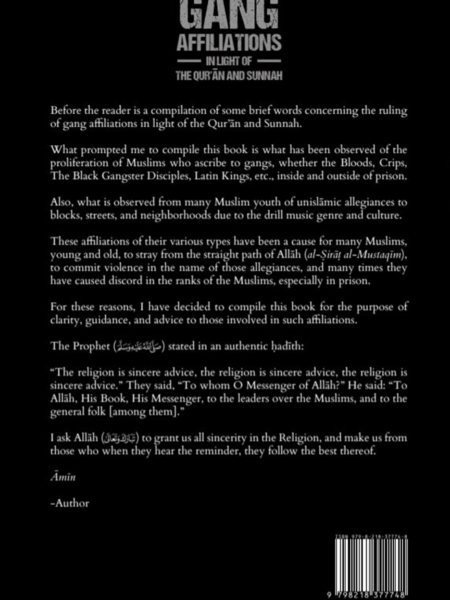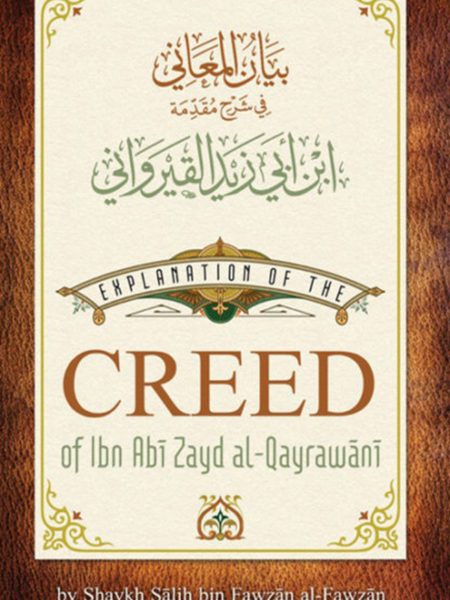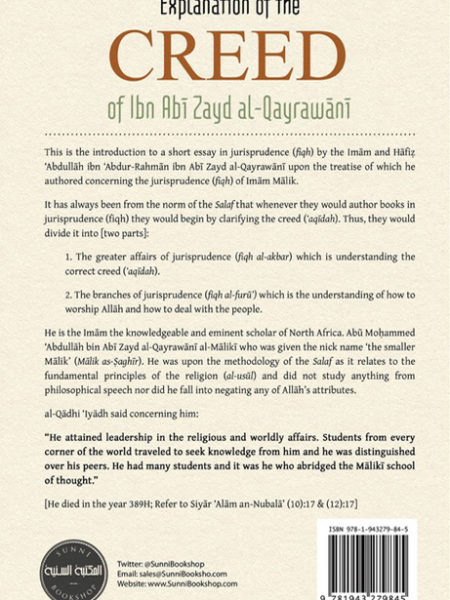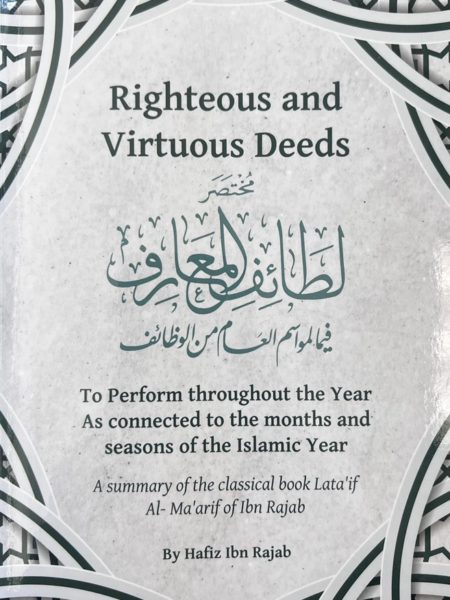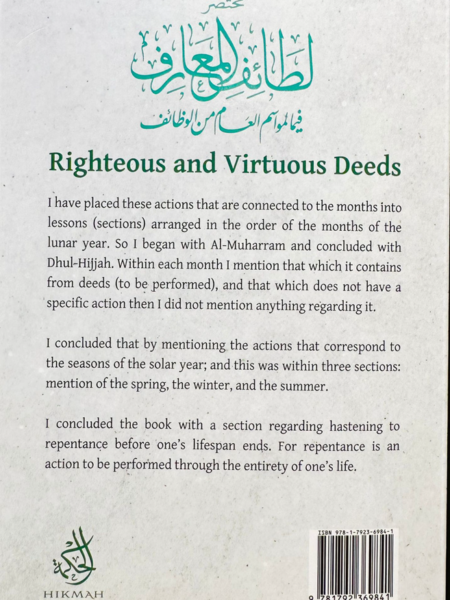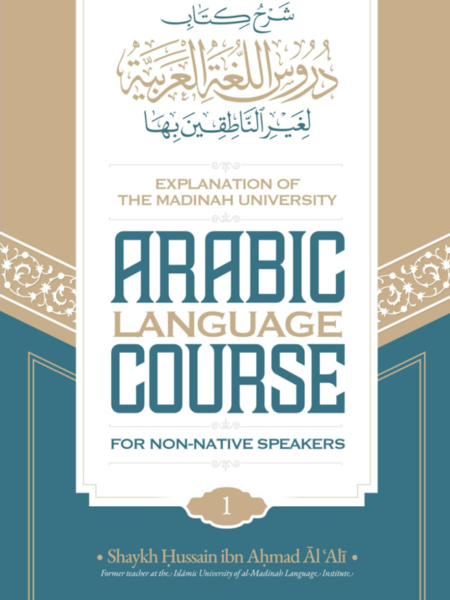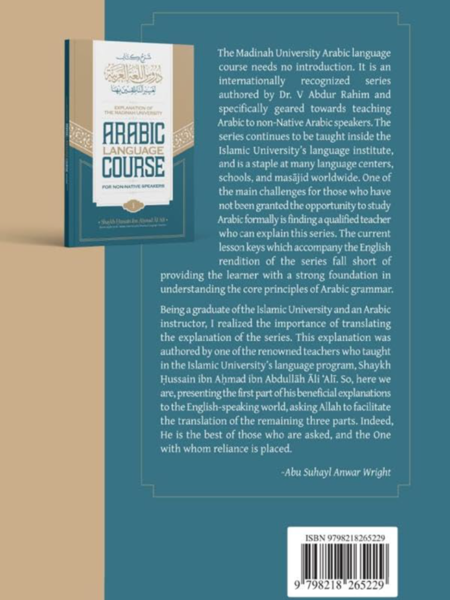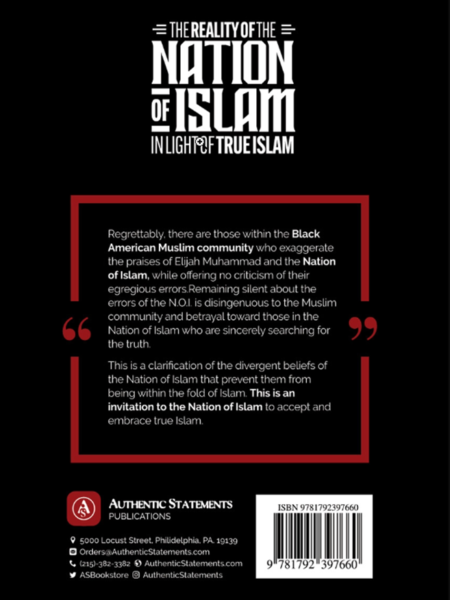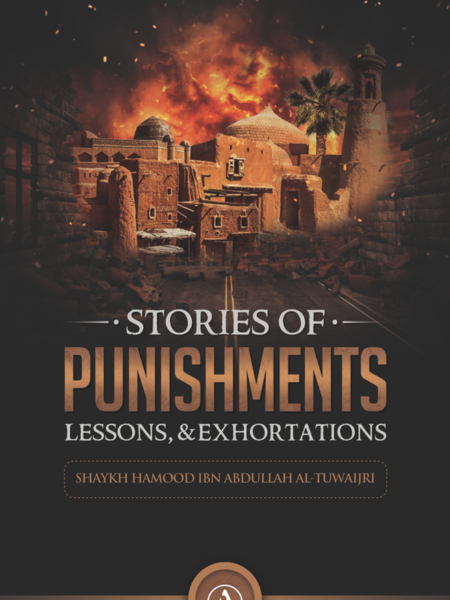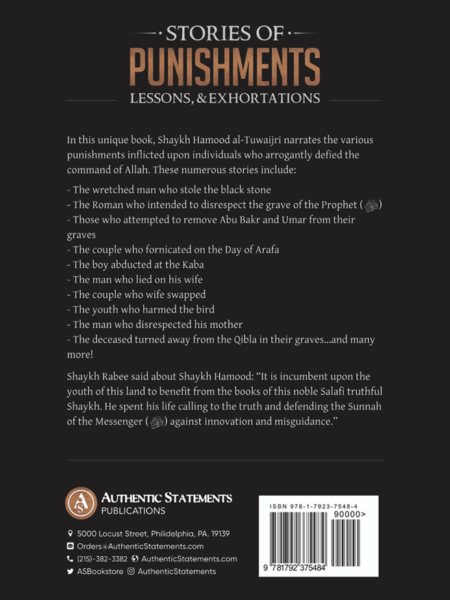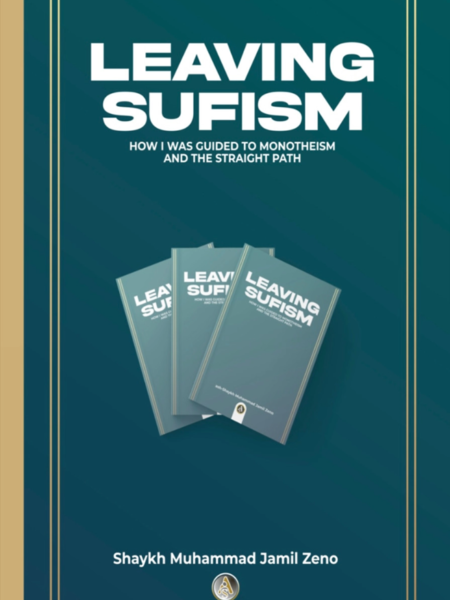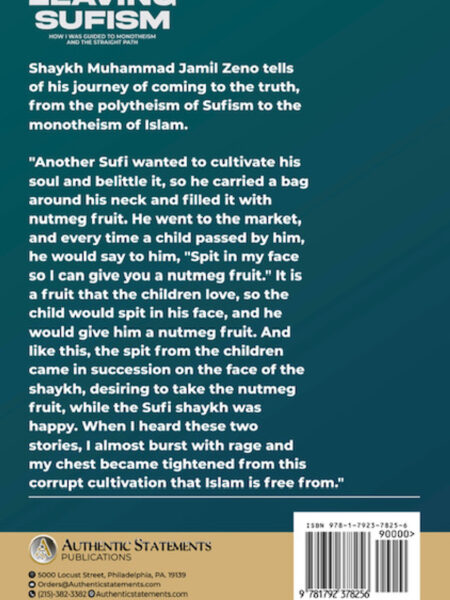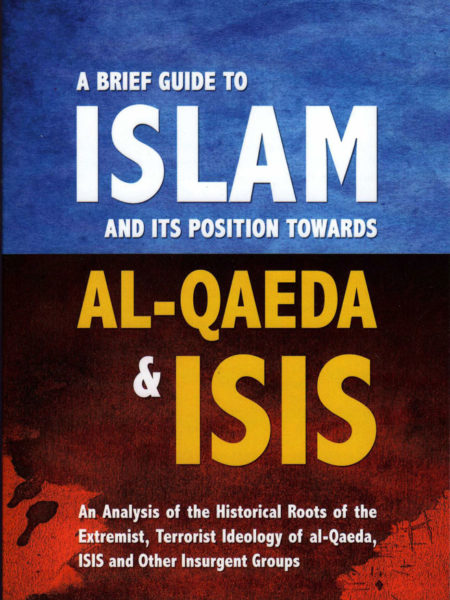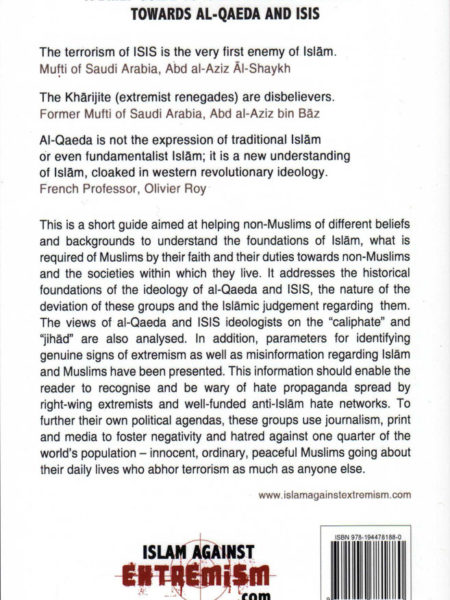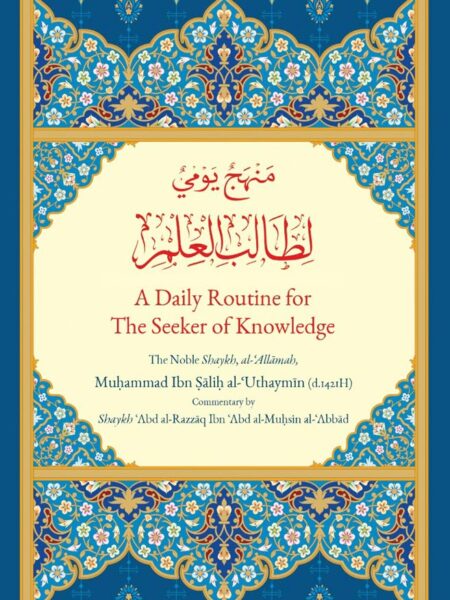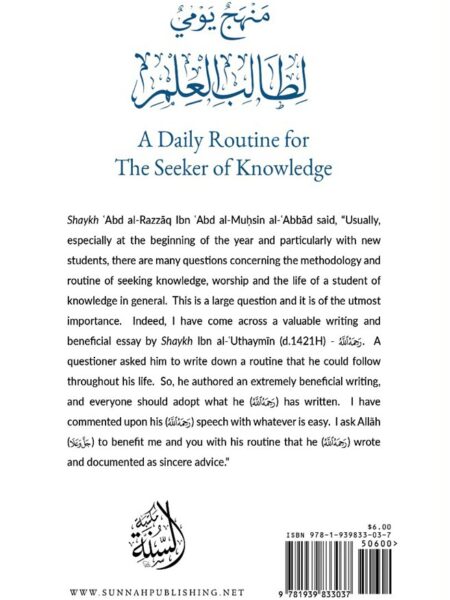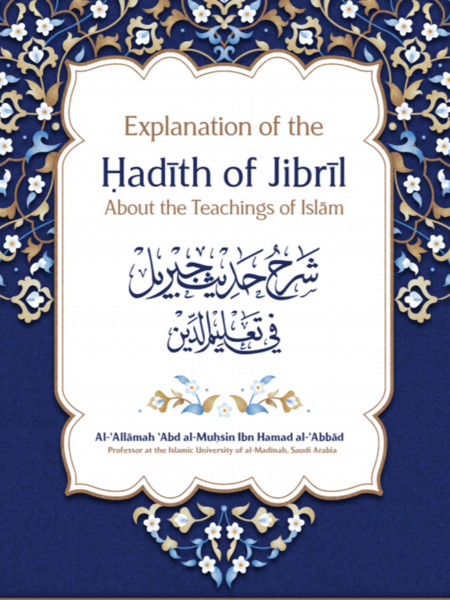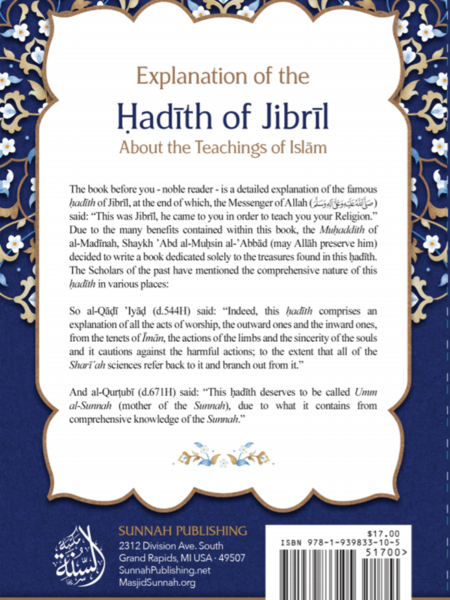- Free Shipping in the U.S.A. 138
- Uncategorized 1
- Attar - Oils 11
- Kutub - Books 189
- Malaabis - Clothing 1
-
Publishers 138
-
A Glimpse at Humor in the Prophetic Sunnah (2nd Edition) – Compilation & English Translation By Abul Hasan Malik Adam Al-Akhdar
Many believe that Islam prohibits humor, but this is a misconception. In fact, the noble Prophet of Islam used humor wisely: to comfort the grieving, extend warmth and affection to his loved ones, and bring joy to children.
This collection of authentic traditions on the Prophet’s humor is a valuable addition to the Islamic heritage. We pray it helps illuminate the illustrious example of Allah’s Messenger.
-
Imam Warith Deen Mohammed was the leader of a large community of Black American Muslims. During his lifetime, and after his death, he amassed a large group of supporters and loyal followers who consider him to be the reviver of Islam. He also has his share of critics.
This is an in-depth analysis of the teachings of Warith Deen Mohammed spanning 33 years and extracted from his books, writings, poems, and more than 1,500 sermons and lectures from 1975 to 2008.
-
-
-
Title: Gang Affiliations in Light of the Qur’an and Sunnah
Author: Anwar Wright
Publisher: Anwar Wright, March 2024
ISBN: 9798218377748 -
This is the introduction to a short essay in jurisprudence (fiqh) by the Imām and Hāfiẓ ‘Abdullāh ibn ‘Abdur-Rahmān ibn Abī Zayd al-Qayrawānī upon the treatise of which he authored concerning the jurisprudence (fiqh) of Imām Mālik.
It has always been from the norm of the Salaf (X) that whenever they would author books in jurisprudence (fiqh) they would begin by clarifying the creed (‘aqīdah). Thus, they would divide it into [two parts]:
1. The greater affairs of jurisprudence (fiqh) al-akbar) which is understanding the correct creed (‘aqīdah).
2. The branches of jurisprudence (fiqh) al-furū’) which is the understanding of how to worship Allāh and dealings with the people.
-
-
-
Explanation of the Madinah University Arabic Language Course for Non-Native Speakers: Book 1
$18.00 Add to cartThis is the explanation of the first book of the world renowned Madinah Arabic Course series, originally authored by Dr. V Abdur Rahim, and taught in the Islamic University of Madinah, Saudi Arabia. Highly recommended for anyone studying the Madinah Book course and desiring to grasp the principles of the Arabic language.
-
-
-
-
‘The Illustrious Women of Islam’ is a collection of biographies taken from two of the most trusted Islamic history books authored by Imam ad-Dhahabi and Ibn Hajar Asqalani. The first book recounts memoirs of those noble women closest to the Prophet peace be upon him such as his wives, nursing mothers, daughters, granddaughters, paternal aunts, paternal cousins, nursing sisters, and select women from the Muhajirun and Ansar. The second book is a biographical encyclopedia arranged in alphabetical order illustrating these noble women from mankind and Jinn.
-
These extremist, terrorist groups are modern manifestations of an ancient radical sect who expelled the companions of the Prophet Muḥammad (peace be upon him) from Islām, revolted against them and assassinated two of the first four caliphs of Islām – ʿUthmān and ʿAlī. Both were sons-in-law of the Prophet and from the best and most righteous of the Muslims. These renegades also attempted to assassinate Muʿāwiyah and ʿAmr bin al-Āṣ, another two companions who were delegated rulers over Syria and Egypt respectively. The appearance of this group was prophesised by Muḥammad (peace be upon him) and the Prophetic traditions regarding them and their traits are well-documented and famous. They appeared only 25 years after the Prophet. The Prophet stated that they will be youthful and foolish-minded, with little understanding of the religion, having outward devotion which does not really touch their hearts at all, and will depart from Islām and kill Muslims. They were labelled as the Khārijites, which means “extremist renegades” who depart from the main body of Muslims. Their ideology is as follows: They excommunicate the Muslim leaders on account of perceived or actual injustices in social and economic affairs, accusing them of not judging fully by God’s law. They then claim that the lands ruled over by these ‘apostate’ Muslim rulers are lands of disbelief whose inhabitants, rulers and ruled, must be fought and killed to enable them to establish “legitimate authority” in the form of a caliphate. Their terrorism is directed primarily at Muslims whom they consider the “near enemy”. Their acts of terrorism in the West are only spill-over activities and are not primarily intended. Their war is fundamentally against Islām, Muslim rulers and their subjects and they operate as insurgents. They are very much like the 19th and 20th European revolutionary movements which came out in the name of “social justice”, used the masses to topple monarchies and once in power began to slaughter those whom they feared could launch counter-revolutions against them. The Khārijites are the same except that they add the cloak of religion and emotional rhetoric as a means of recruiting the ignorant into their cause. The vast majority of their followers are ignorant, disillusioned youth who have had next to no instruction in religion.
-
A Daily Routine for The Seeker of Knowledge by The Noble Shaykh, al-ʿAllāmah, Muḥammad Ibn Ṣāliḥ al-ʿUthaymīn (d.1421H) with commentary by Shaykh ʿAbd al-Razzāq Ibn ʿAbd al-Muḥsin al-ʿAbbād
Shaykh ʿAbd al-Razzāq Ibn ʿAbd al-Muḥsin al-ʿAbbād said, “Usually, especially at the beginning of the year and particularly with new students, there are many questions concerning the methodology and routine of seeking knowledge, worship and the life of a student of knowledge in general. This is a large question and it is of the utmost importance. Indeed, I have come across a valuable writing and beneficial essay by Shaykh Ibn al-ʿUthaymīn (d.1421H)(رحمه الله)
-









